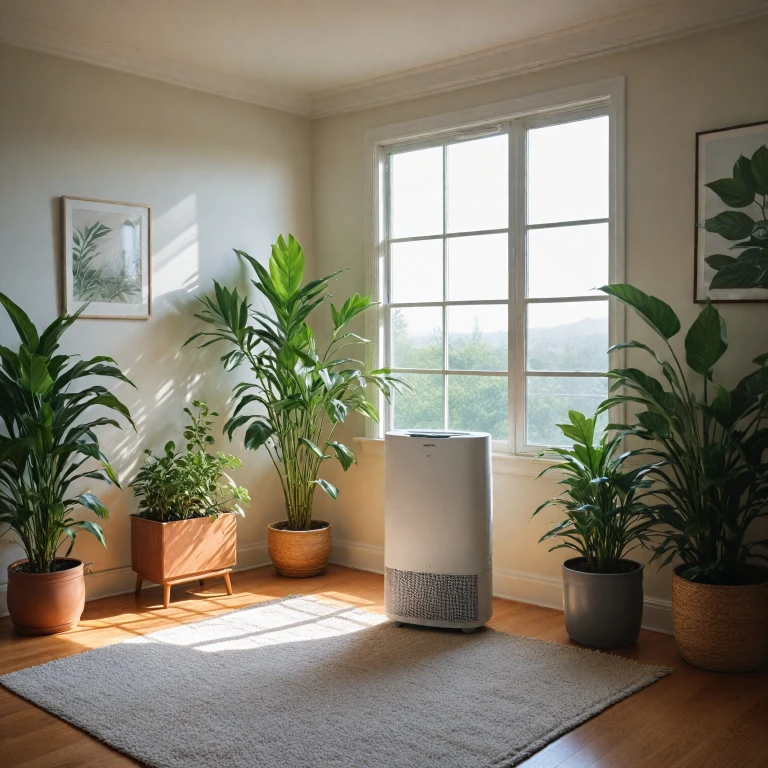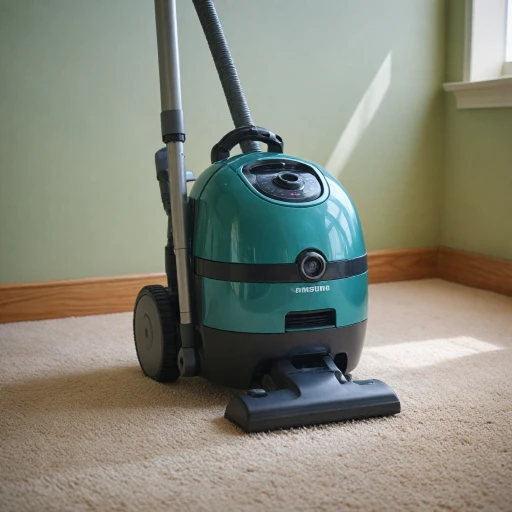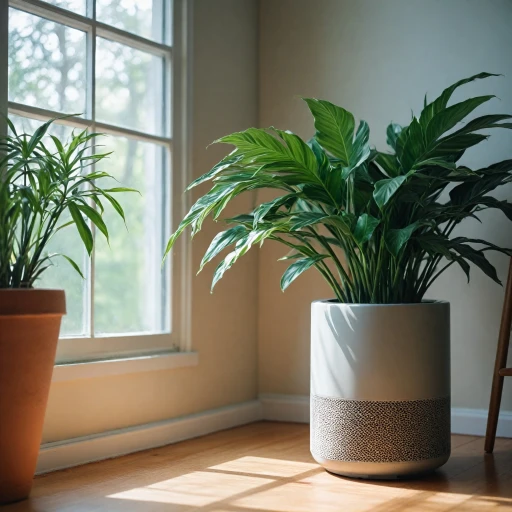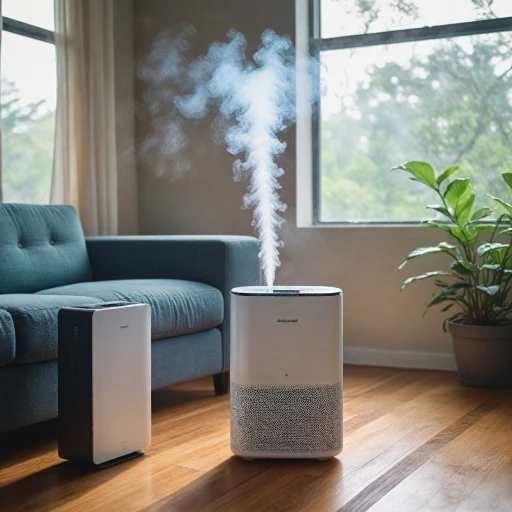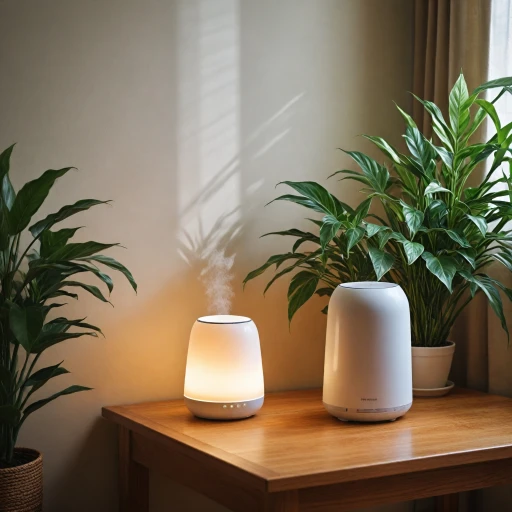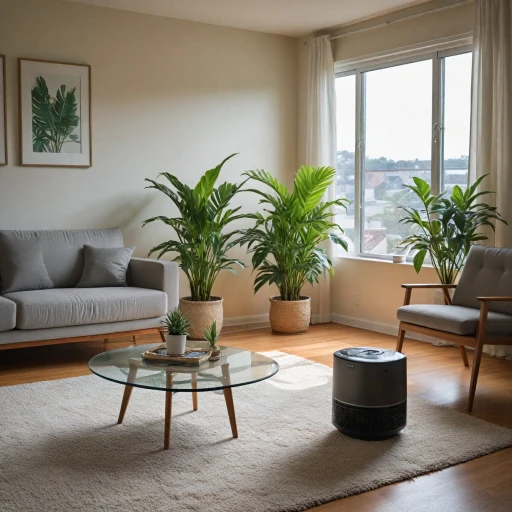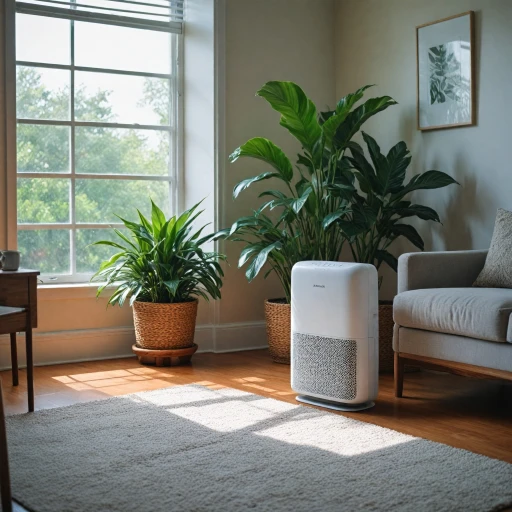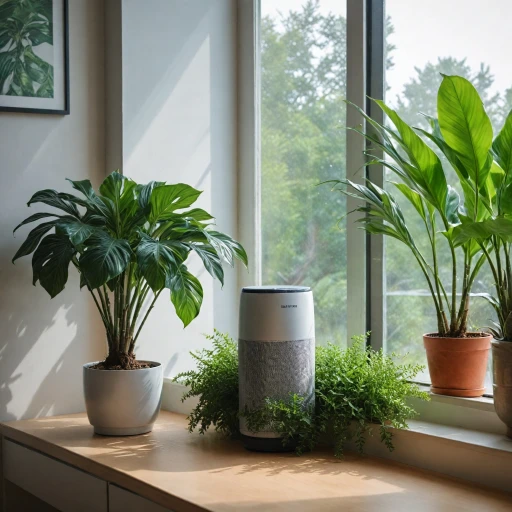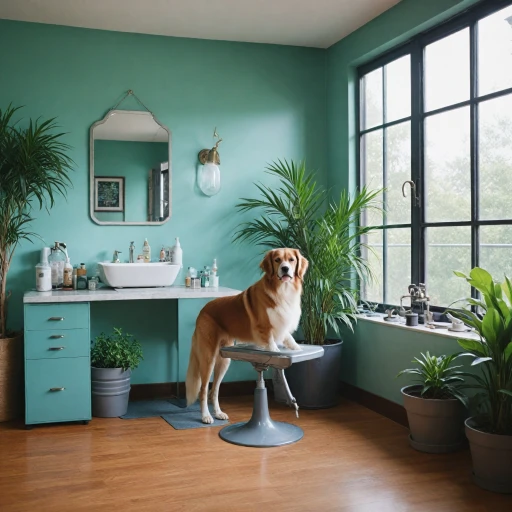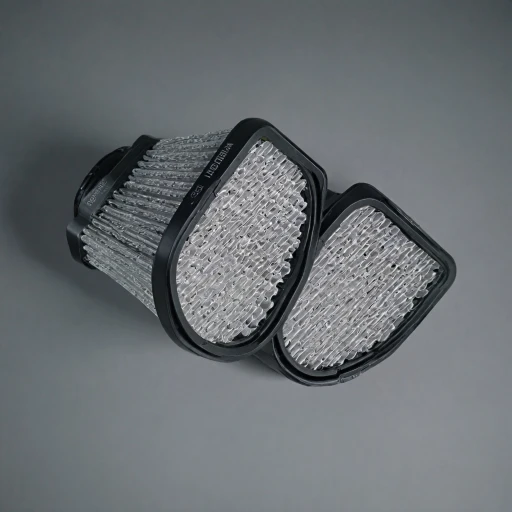
The Connection Between Air Purifiers and Health Savings Accounts
The Intriguing Link: Air Purifiers and Health Savings Accounts
Exploring the benefits of air purifiers through the lens of Health Savings Accounts (HSAs) invites us to consider the potential health cost savings they offer. Delving deeper into the realm of medical purchases and flexible spending, one might question how air purifiers become an eligible purchase under such accounts. Air quality has surfaced as a major concern, with indoor air sometimes being more polluted than outdoor air. This fact makes the regular use of air purifiers not just a suggestion but a necessity for maintaining good health. For many, air purifiers serve as a proactive measure against allergies and respiratory issues, justifying their inclusion as a health-related expenditure. HSAs and Flexible Spending Accounts (FSAs) offer a means to pay for various medical necessities on a pre-tax basis, thus easing the financial burden. So, how does this tie in with air purifiers? When air purifiers are deemed a medical necessity through a letter of medical necessity, they can become eligible for purchase using your HSA or FSA. For those contemplating the regular price versus sale price of air purifier units like Molekule Air or Medify Air, purchasing through an HSA offers the advantage of using pre-tax dollars, which can significantly help reduce the overall expense. However, it is crucial to be armed with the right information when seeking coverage via such accounts. If you're curious about the intricate details of how air purifiers blend with HSAs and FSAs, the differences between air purifiers and air humidifiers further elucidates why these units might qualify as eligible purchases under your health savings account.Health Benefits of Using Air Purifiers
Unveiling the Hidden Health Advantages
Investing in an air purifier is more than just an air quality upgrade; it's a health enhancement strategy that can be aligned with your financial planning through an HSA or FSA. Air purification is not a mere luxury—it's becoming a necessity, especially in places with compromised indoor air quality.
The health benefits of using air purifiers are both expansive and impactful. From reducing allergens and odors to battling harmful pollutants, these devices tackle a variety of issues that affect our wellbeing. The purchase of specific units, like those from Medify Air or Molekule, might be eligible expenses through your Health Savings or Flexible Spending Account, provided certain medical necessity criteria are met.
- Pollen and Allergens: Regular exposal to indoor allergens can lead to chronic respiratory issues. Air purifiers effectively trap and eliminate these particles, providing relief and aiding in better respiratory health.
- Odor Elimination: Units with activated carbon filters can significantly reduce odors from pets, smoke, and cooking, enhancing overall indoor comfort.
- Combating Illness: Some purifiers target bacteria and viruses, creating a healthier environment, which is essential during flu seasons or in times of other viral outbreaks.
For individuals with specific medical conditions, such as asthma or severe allergies, a letter of medical necessity from a healthcare provider might be required to qualify air purifiers as an eligible expense using FSA or HSA funds. By paying with pre-tax dollars, the regular price of a unit can essentially be reduced to a sale price, without compromising your budget.
To understand how specific air purifiers excel in health-enhancing capabilities, you can explore more here. This information is pivotal when considering your unit price options and how they align with your financial and health priorities.
Types of Air Purifiers and Their Features
Exploring Various Models of Air Purifiers
When it comes to ensuring optimal indoor air quality, the choice of an air purifier plays a significant role. Several types of purifiers are available in the market, each equipped with distinct features tailored to meet various requirements and budgetary concerns, including funds from your HSA or FSA. Knowing the differences between these units can guide you in making a more informed decision.- HEPA Filters: Known for trapping particles as small as 0.3 microns, HEPA filters are a popular choice. These devices efficiently capture allergens, dust, and other contaminants, providing a cleaner indoor environment.
- Activated Carbon Filters: Useful for removing odors and chemical toxins, activated carbon filters are often combined with other technologies for comprehensive purification.
- UV-C Light Purifiers: Utilizing ultraviolet light, these purifiers can neutralize bacteria, viruses, and mold, making them suitable for safeguarding health, which might make them a worthy expense when considering medical necessity.
- Ionizers: By releasing charged particles, ionizers can effectively bind pollutants. However, ensure these units do not emit ozone above safe levels.
Understanding Air Purifier Features
Different air purifiers come with varied features that could affect the regular price, sale price, and utility. Enhanced options like smart controls, multiple fan speeds, or quiet modes can weigh into the final purchase decision, which can be vital when navigating HSA eligible products.- Smart Controls: These allow you to control the purifier through apps or voice commands, offering convenience and efficiency.
- Multiple Fan Speeds: Flexibility in speed settings can help adjust air purification levels according to real-time needs and energy consumption.
- Noise Levels: For those sensitive to noise, choosing a model with a quiet operation feature might be crucial, especially for use during sleeping hours.
How to Choose the Right Air Purifier for Your Needs
Finding the Perfect Air Purifier for Your Space
Selecting an air purifier isn't just about picking whichever is available; it involves thoughtful consideration of your individual needs. With so many units available, figuring out which is the most suitable can feel overwhelming. Here are some key factors to guide your decision-making process:
- Room Size Compatibility: Consider the size of your space. Each air purifier is designed to handle a specific room capacity, so check the coverage area. Larger spaces might require a unit with a higher airflow rate to maintain optimal air quality.
- Type of Filter: The type of filter in the purifier plays a crucial role. Some units come with HEPA filters, which are great for capturing small particles, while others, like the Molekule Air, utilize PECO technology, offering more advanced purification. Understand the different filter types to make an informed decision.
- Health and Medical Considerations: If you're purchasing an air purifier as a medical necessity, ensure it's eligible for reimbursement through your HSA or FSA accounts. Consult with your provider to verify coverage and consider getting a letter of medical necessity if needed.
- Budget and Pricing: Consider the unit price, regular price, and any available sale price. Make sure your budget can accommodate not only the initial purchase but also ongoing maintenance costs, such as filter replacements.
- Noisiness: Regular usage might mean running your air purifier overnight. Look for units with noise control features to ensure uninterrupted sleep or productivity.
- Energy Efficiency: Check for energy star ratings as air purifiers often run for extended periods. An energy-efficient unit will help you save on electricity bills.
Once you've evaluated these factors, you can make a confident purchase that balances your air quality needs with financial considerations, including potential savings on taxes when purchased through an HSA or FSA.
Cost Considerations and Budgeting with an HSA
Financial Smarts: Budgeting for Air Purifiers
When considering the acquisition of an air purifier, balancing cost considerations with your health priorities is a vital step. Air quality enhancement at home isn't just about comfort; it's an investment in long-term well-being. Utilizing a Health Savings Account (HSA) or Flexible Spending Account (FSA) for this investment can serve as both a benefit and a practical savings strategy.
Eligible Expenses
Some air purifiers may qualify as eligible expenses under your HSA or FSA, mainly if they address a documented medical necessity. For instance, obtaining a letter of medical necessity from your healthcare provider can facilitate using these funds to pay for your unit pre-tax. This strategic use can effectively reduce the regular price impact on your budget.
Understanding Unit Pricing
Air purifiers like those from Molekule and Medify Air come at various price points, and understanding these can help in budget allocation. Look for the regular price, sale price, and any potential HSA or FSA eligible price options. Manufacturing differences, capacity, and additional features like smart sensors contribute to variations in the price unit. Always compare the price regular and sale price offerings.
Strategic Purchase Decisions
Employing strategies like purchasing during sales periods, reviewing product testimonials, and focusing on the necessity for your specific indoor air concerns can maximize your flexibility in spending. Platforms such as Truemed may also provide insights and comparisons to aid in deciding which air purifier meets all criteria efficient budgeting requires.
Remember, this isn't just a purchase; it's an investment in your family's health. Taking time to research and plan financially ensures your funds are spent wisely and your home environment is optimized for better health outcomes.
Real-Life Experiences: Testimonials and Case Studies
Personal Stories: Breathing Easier with Air Purifiers
Many individuals have shared their experiences of improved health and financial savings after investing in air purifiers. These stories highlight how air quality enhancements can be a significant factor in managing health conditions and utilizing Health Savings Accounts (HSAs) or Flexible Spending Accounts (FSAs).
Case Study: Asthma Management
One user found that their Medify Air unit significantly reduced asthma symptoms, leading to fewer medical visits and lower overall healthcare costs. By using their HSA funds, they were able to purchase the purifier at a pre-tax price, making it a financially sound decision. This aligns with the benefits discussed in health savings, where air purifiers can be considered a medical necessity, especially with a letter from a healthcare provider.
Testimonial: Allergy Relief
Another individual reported that their Molekule Air purifier helped alleviate severe allergies. The regular price of the unit was offset by using FSA eligible funds, and the improvement in indoor air quality was noticeable within days. This purchase not only improved their health but also provided peace of mind, knowing they were breathing cleaner air.
Financial Benefits: Smart Budgeting
For those concerned about the cost, many have found that budgeting with an HSA or FSA can make purchasing an air purifier more manageable. By paying with these accounts, users benefit from the sale price and avoid the burden of the full regular price. This strategic use of funds ensures that the investment in air purifiers is both a health and financial advantage.
These real-life experiences underscore the importance of selecting the right air purifier for your needs, considering both health benefits and financial implications. With the right choice, air purifiers can be a valuable addition to your health management toolkit.

